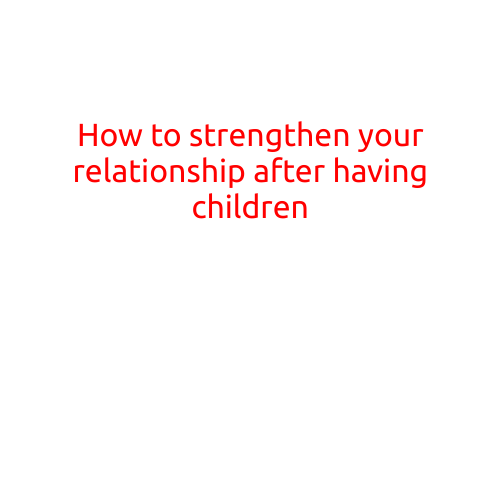
How to Handle a Partner Who Doesn’t Communicate
Effective communication is the backbone of any healthy relationship. When you’re in a romantic partnership, it’s crucial to maintain open and honest communication with your partner. This helps to build trust, understanding, and intimacy. However, what happens when your partner doesn’t communicate with you? How do you handle the frustration, hurt, and confusion that comes with it?
In this article, we’ll explore the challenges of being in a relationship with a partner who doesn’t communicate and provide guidance on how to navigate this situation.
Why Don’t They Communicate?
Before we dive into the solutions, it’s essential to understand why your partner might be uncommunicative. Common reasons include:
- Fear of conflict or rejection
- Fear of being misunderstood or judged
- Difficulty expressing emotions or needs
- Busyness or distraction
- Low emotional intelligence or inability to recognize the impact of their behavior
Signs of Non-Communication
If you’re in a relationship where your partner doesn’t communicate, you might notice some telltale signs, such as:
- Unresponsiveness to your requests or needs
- Avoiding conversations or topics
- Being distant or aloof
- Not sharing thoughts, feelings, or desires
- Giving no indication of what they want or need
How to Handle a Non-Communicative Partner
- Choose Your Battles Wisely
When dealing with a non-communicative partner, it’s essential to pick your battles carefully. Avoid criticizing or yelling at them, as this may escalate the situation or create more tension. Instead, focus on specific incidents or issues and address them calmly and rationally.
- Practice Active Listening
Make an effort to listen attentively to your partner when they do communicate. This shows that you value and respect their thoughts and feelings, which may encourage them to open up more. Active listening involves maintaining eye contact, nodding, and summarizing what they say to show you understand.
- Communicate Effectively
When communicating with your partner, be clear, direct, and specific about your needs and feelings. Avoid being accusatory or blaming, as this can lead to defensiveness. Instead, use “I” statements to express your thoughts and feelings, focusing on your own experiences rather than attacking your partner’s.
- Use ‘I’ Statements to Express Frustration
When you feel frustrated or hurt due to a lack of communication, express your emotions using “I” statements. For example, “I feel frustrated when I don’t get a response to my messages. I need more communication to feel connected.” This helps your partner understand your perspective without becoming defensive.
- Set Boundaries
If your partner consistently disregards your needs and boundaries, it’s crucial to set clear limits. This may involve establishing rules for communication, such as respecting each other’s alone time or schedule. Be specific and assertive when setting these boundaries, and be prepared to enforce them if necessary.
- Seek Professional Help
If your partner’s lack of communication persists and affects your mental health, consider seeking the help of a couple’s therapist. A professional can provide guidance on improving communication and addressing underlying issues that may be contributing to the problem.
- Re-Evaluate the Relationship
In some cases, the lack of communication may be a sign of deeper issues in the relationship. If you’ve tried to address the problem and see no improvement, it may be necessary to re-evaluate whether the relationship is healthy and fulfilling for you.
Conclusion
Handling a partner who doesn’t communicate can be challenging, but it’s not impossible. By understanding the reasons behind their behavior, practicing active listening, and communicating effectively, you can work towards improving the situation. Remember to prioritize your own emotional well-being and consider seeking professional help if necessary. With patience, understanding, and effort, you may be able to overcome the communication barriers and strengthen your relationship.





